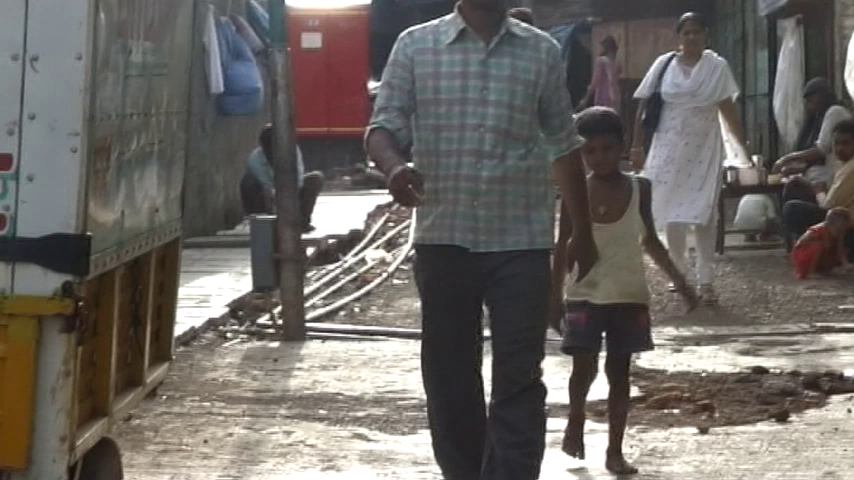The video I watched is a perfect representation of this. Clusters of pipes can be seen haphazardly in every alleyway, some leaking puddles of water around them where they've been punctured or twisted. In some places people can be seen doing their laundry or their dishes in the alleyway, presumably because the outdoor spigot is where they're getting enough water pressure to do so.
The video footage is really fantastic at showing this visually, but when the video-maker begins to interview other citizens, probably about their water, I wonder how effective this is at collecting the specific data that the ethnographer is looking for. If the ethnographer is having to transcribe all of the videos and not all of the content is relevant, there's a lot of time spent on details that won't be used. A benefit to giving citizens the camera to document their surroundings is that they know their environment best, and they are able to capture it without the people around them being hyperaware of their presence. They can document their surroundings in the most natural way, and that's quite evident in the clip that I watched.

